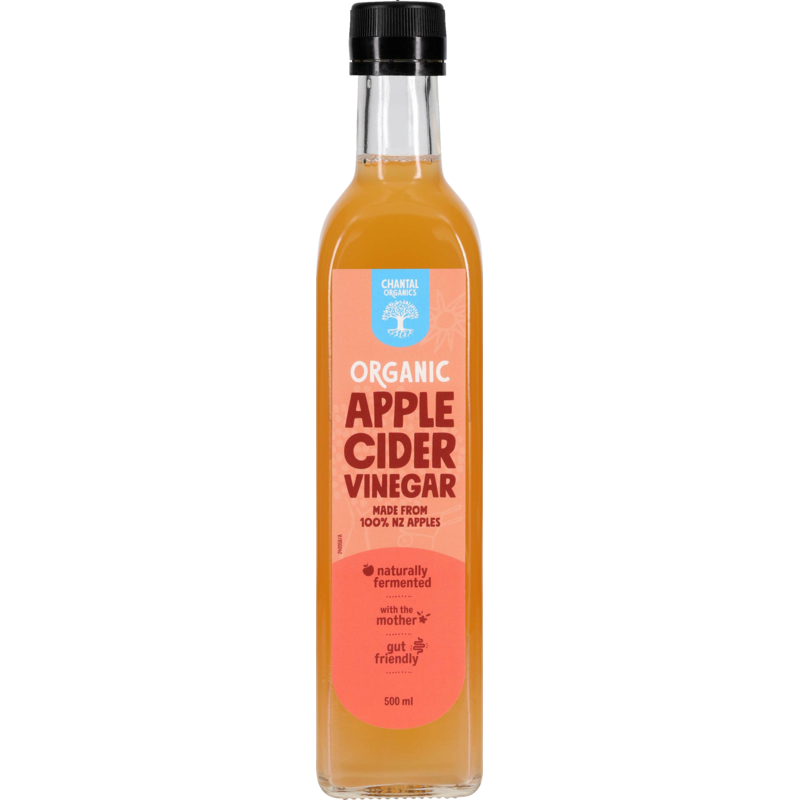
Begin your journey to a clean, healthy home with these straightforward and achievable guidelines.
The change of season is an ideal time to review your home habits and surroundings. This may include clearing out clutter, removing toxicity and becoming more aware of your space and how it matters to you. Here are 8 tips to reduce indoor pollution, create healthy habits and make your home a healthy habitat for you and your family.
- Refresh your indoor air.
Keep your windows open to circulate fresh air. This is especially important in the bedrooms. It’s estimated that indoor air is 2-5 times more polluted than outdoor air. Natural air fresheners and essential oil diffusers can improve air quality and scent, without using harmful chemicals. Essential oils can support calming, healing, or energizing effects. Learn more about the Top 10 oils for Immunity.
2. Feel the benefits of a salt lamp.
Himalayan salt lamps not only provide a lovely gentle glow, but they also cleanse and deodorise the air, emit negative ions, neutralise electromagnetic radiation (EMFs) from electronics, and support better sleep. Find out more about their amazing attributes here. When you’re looking to buy a sustainability sourced salt lamp, check out this kiwi company The Salt Lamp Shop.
3. Bring greenery inside.
House plants not only add natural beauty, but can also help to boost moods, support creativity, reduce stress and detoxify indoor air. Whether you’re a green thumb or not, there is a house plant for you. The Rubber Plant, English Ivy, Aloe Vera, and the Peace Lily are a few plants Tui Garden recommends for air cleaning. Read more about what they have to say here.
4. Use natural cleaning products.
conventional cleaning products for natural products. Start with product you come into contact with daily, such as laundry detergent, dish soap or body care. The next time you run out of one of these, take the opportunity to make the switch. We love ecostore, they have a comprehensive range, available nationwide and are certified B Corp too!
5. Invest in a water filter.
It’s essential to stay hydrated with clean, pure water. Depending on your water source, and what type of water filter you get, it can remove contaminants such as heavy metals, chloride, pesticides, fluoride or bacteria. Looking for a trusted water filter solution for your home? Check out Aqua Filter NZ.
6. Choose safe food storage.
While plastic is an efficient packaging material, it’s potential dangers make it worthwhile to limit your exposure to it. Serve food and drinks from ceramic, glass, stainless steel, natural bamboo or wood vessels. Store leftovers in glass containers and reuse glass jars to store pantry staples.
7. Review your pots and pans.
There is plenty of conflicting reviews on the safety of Teflon coated pans. What we recommend is that you do do a bit of research and decide what’s best for you. A good place to start is this article “Cookware: What’s Safe and What’s Not?”
8. Small swaps that make a difference.
- Swap plastic wrap for beeswax wraps
- Say goodbye to dryer sheets – wool dryer balls are an excellent, natural alternative. Check out these NZ made dryer balls.
- Natural beeswax or soy candles do not contain paraffin wax, which is made from petroleum and can be toxic when burned.
- Invest in a stainless-steel drink bottle. Refill it with water to avoid plastic, save money and reduce waste!
We are being exposed to more toxins than ever before. It’s possible for the average house to contain over 500 chemicals! What small change will you start with this month?
PRODUCTS MENTIONED



